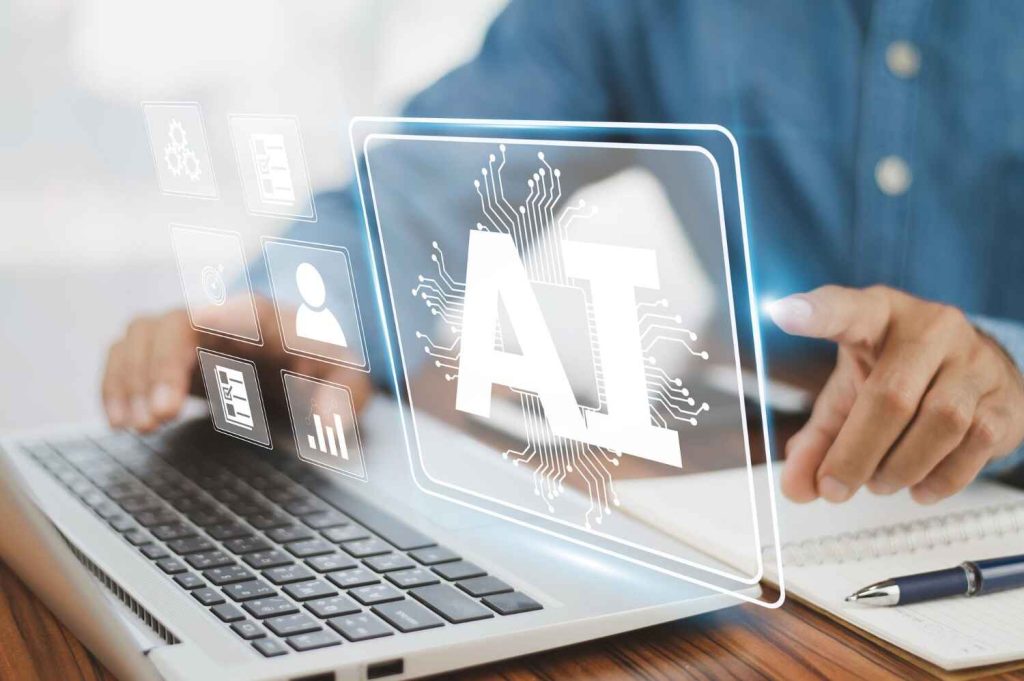As the world embraces the transition to renewable energy, solar power stands out as a leading solution for sustainable electricity generation. However, the Optimization of Solar energy systems to achieve maximum efficiency and performance is crucial for maximizing their benefits. Enter artificial intelligence (AI)—a game-changing technology that is revolutionizing how we manage and optimize solar energy systems. In this blog, we’ll explore how AI integration is enhancing the efficiency of solar power systems and driving the future of renewable energy.
Understanding AI Integration in Solar Energy Systems
Artificial intelligence (AI) refers to the simulation of human intelligence in machines that are programmed to think and learn. In the context of solar energy systems, AI encompasses various technologies, including machine learning, data analytics, and predictive modeling, to optimize the performance of solar installations. Here’s how the Optimization of Solar Energy through AI is making a significant impact:
Find the most undetectable draftHumanize more checks for AI
- Predictive Maintenance
Predictive maintenance is the application of AI to analyze data from the past and current conditions to forecast future problems. Thus, based on the analysis of patterns and deviations in the work of solar panels, AI algorithms can indicate signs of wear and tear, failures of specific components, or low efficiency. Such a strategy enables early identification of problems and scheduling of maintenance and repair services to minimize on time lost and increase the durability of the solar panels.
- Enhanced Energy Forecasting
Energy forecasting is crucial in the management of solar energy systems since it helps in achieving the best outcomes. AI models use weather data, historical data on solar radiation, and current meteorological data to estimate the solar energy output to a high degree of accuracy. This helps in the planning and management of the grid so that the supply of energy meets the demand most efficiently.
- Optimizing Energy Output
AI algorithms help to maximize the energy generated by the solar panel through the change of factors like tilt angle, orientation, and shading. Using data from sensors and weather predictions, AI systems can control the orientation of solar panels to get the most of the sun’s rays in a given day. This leads to enhanced energy output and efficiency of the entire system as well.
- Intelligent Grid Management
In the distribution of renewable energy smart grids are playing a more significant role in the distribution network. AI works with the grid management systems to address the issues of energy distribution, grid reliability, and loss. AI-based models can forecast the usage of energy, manage the storage of energy, and schedule the distribution of solar power in the grid.
- Energy Storage Optimization
Energy storage systems should be incorporated with solar panels to help provide power all day round. AI is also used in energy storage where it helps in forecasting the energy storage requirements, controlling the charge and discharge cycles, and the efficiency of battery systems. This helps to conserve stored energy and hence minimize the use of other sources of energy such as generators.
Benefits of AI in Solar Energy Systems
The integration of AI into solar energy systems offers several benefits:
- Increased Efficiency: AI optimizes the performance of solar panels, leading to higher energy output and improved system efficiency.
- Cost Savings: By predicting maintenance needs and reducing downtime, AI helps lower operational and maintenance costs.
- Enhanced Reliability: AI-driven predictive maintenance and real-time monitoring improve the reliability and longevity of solar installations.
- Better Energy Management: AI improves energy forecasting and grid management, ensuring a stable and efficient energy supply.
Challenges and Considerations
While AI offers significant advantages, there are also challenges to consider:
- Data Privacy and Security: Protecting sensitive data related to solar energy systems is crucial to prevent unauthorized access and ensure privacy.
- Integration Complexity: Implementing AI systems requires careful planning and integration with existing solar infrastructure, which can be complex and costly.
- Continual Learning: AI models need to be continually updated and trained with new data to maintain accuracy and effectiveness.
Conclusion
The integration of AI into solar energy systems is transforming the renewable energy landscape, offering advanced solutions for optimizing performance, predicting maintenance needs, and enhancing energy management. As AI technology continues to evolve, its role in maximizing the efficiency of solar power systems will only grow stronger. In recent years, numerous investigations and developments have been performed on the optimization of solar energy.
At Redington Solar, we are excited about the potential of AI to drive the future of solar energy. By embracing these technological advancements, we can improve the performance of solar installations, reduce costs, and contribute to a more sustainable and efficient energy future. The synergy between AI and solar power is paving the way for a greener, smarter world, where renewable energy systems operate at their full potential.





